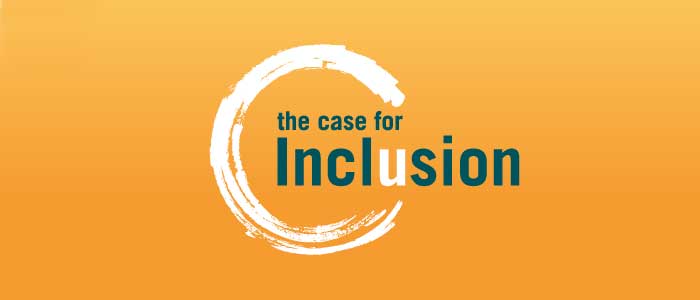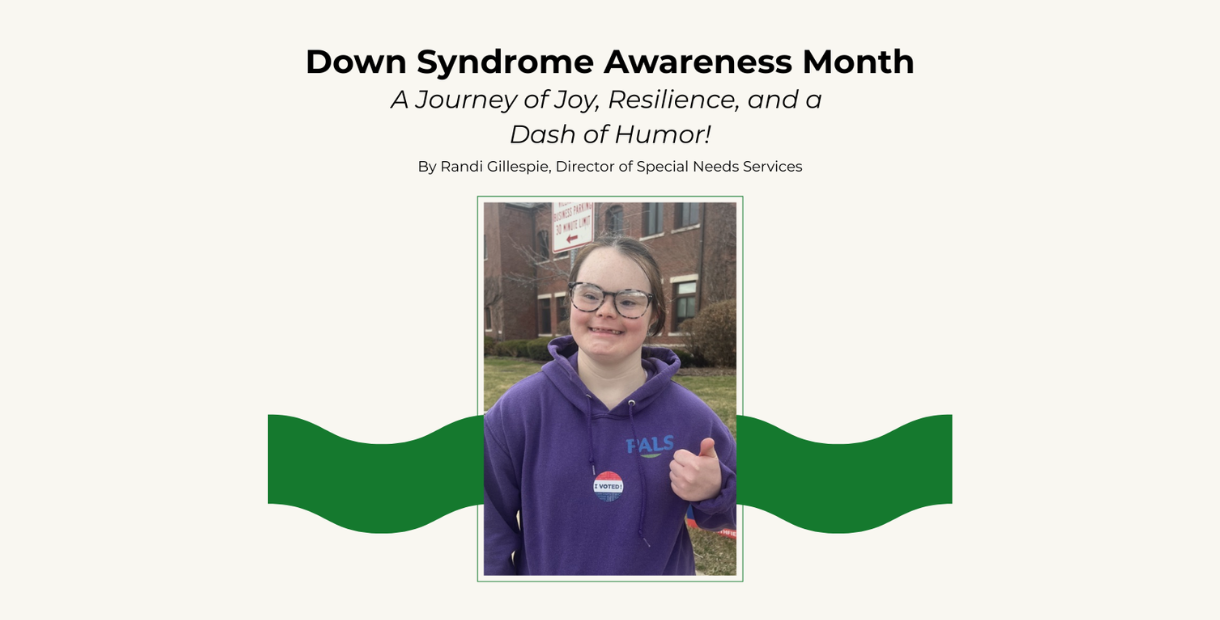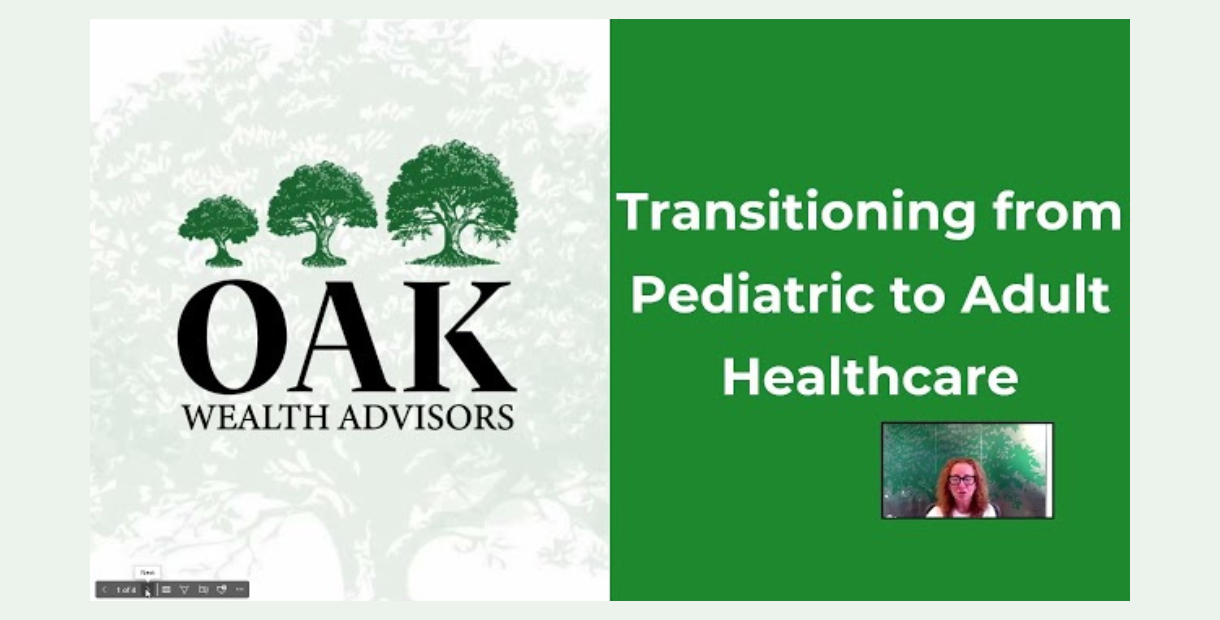![]() The following summary comes from United Cerebral Palsy and their annual study of the special needs programs and resources available across the country. For more information and access to the entire study, visit http://cfi.ucp.org.
The following summary comes from United Cerebral Palsy and their annual study of the special needs programs and resources available across the country. For more information and access to the entire study, visit http://cfi.ucp.org.
The Case For Inclusion 2016 report is the broadest and most interesting national study of special needs services we have found. They have been publishing similar reports annually since 2006 and have implemented more thorough measures since 2014. The major areas of evaluation used to calculate the rankings include promoting independence, tracking community involvement and safety, keeping families together, promoting productivity, and reaching those in need of services.
The 2016 study highlights some new national declines in providing services and again provides a somber assessment of the services being provided on a national basis to individuals with special needs. While we encourage readers to review the study in more detail, we did want to highlight the major findings.
The relatively positive findings include:
- 15 states have no large state institutions secluding those with disabilities – another 9 states have only one. Both numbers are up by one from the prior year. (Illinois made no additional closures this year.)
- Almost all states (47) participate in a national quality assurance program called the National Core Indicators. This program provides a thorough evaluation of each individual’s health, safety and quality of life. (Illinois is a participating state.)
- The number of states that have at least one-third of their individuals with ID/DD working in competitive employment situations has increased from 8 last year to 10 this year. This number is still below the 17 that met the objective in 2007.
Among the disappointments illustrated in the results are the following:
- The number of people nationally on waiting lists for services has increased from last year to almost 350,000. (Illinois has over 25,000 individuals on their PUNS waiting list.)
- The number of states serving at least 80% of their ID/DD population and dedicating 80% or more of their spending on community-based services has not changed from the 32 states that made the list last year.
- Since 2007, when UCP began issuing their composite state rankings, four states: Arkansas (#49), Illinois (#47), Mississippi (#51), and Texas (#50) have consistently ranked at the bottom.
While moving your family or your adult family member with a disability to a state with better resources and more comprehensive services may not be practical, the following tables highlight the UCP composite rankings of the states.
The Five Best States
- Arizona
- Vermont
- New Hampshire
- Michigan
- Hawaii
The Five Worst States
- Mississippi
- Texas
- Arkansas
- Montana
- Illinois
Largest Ranking Increase
Since 2007
- District of Columbia (49th to 7th)
- Missouri (41st to 8th)
- Ohio (48th to 16th)
- Maryland (33rd to 10th)
- Kentucky (40th to 19th)
Largest Ranking Decrease
Since 2007
- Montana (19th to 48th)
- Alaska (2nd to 30th)
- New Mexico (13th to 40th)
- Wyoming (17th to 43rd)
- Massachusetts (4th to 26th)
There appears to be no common list of characteristics among the states that rank among the best or the worst; the populations, political leanings, and state tax rates all vary significantly.
This information is summarized from a research report published by United Cerebral Palsy. Their report is based primarily on 2014 data which was the most current credible data at the time the study was compiled. Their annual studies for all prior years dating back to their initial study in 2006 can be found on their website. For more information about UCP or their The Case For Inclusion study, please contact them at [email protected] or by phone at (800) 872-5827. For information about how you can modify your planning in light of the results in the UCP study, please contact Oak Wealth Advisors at (847) 945-8884 or [email protected].
The post 2016 The Case For Inclusion Summary appeared first on Oak Wealth Advisors, LLC.





